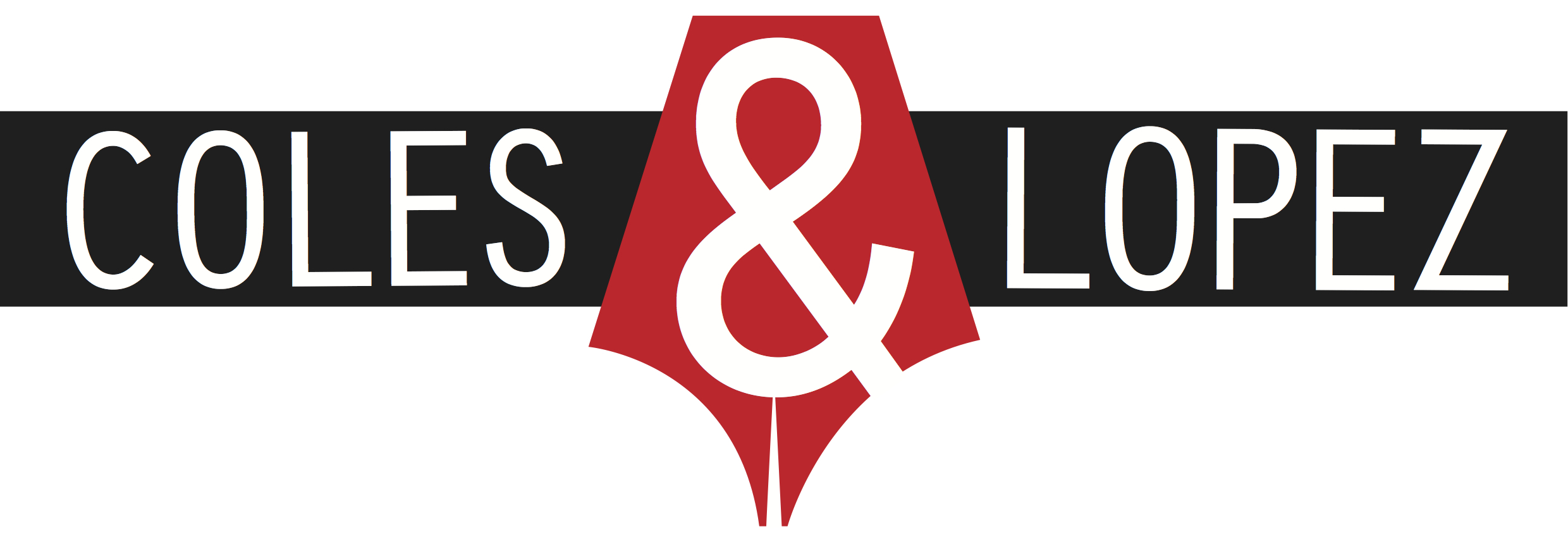A matter of trust
Today, I’m going to take a break from wrangling punctuation marks and attempt a Big Picture post – the kind that my revered colleague, Daisy, the Coles to my Lopez, excels at.
I want to talk about two things you must do if you want to be a good editor. Here they are:
1. You must trust yourself.
2. You must doubt yourself.
Let me explain. Sometimes, when I’m reading over a piece of writing, a tiny, almost inaudible alarm goes off in my head. Wee-oo wee-oo wee-oo, it whispers. I’ve never heard that word used as a verb. I always thought that word had an “e” at the end. I could have sworn that character had a different surname in the last chapter. I didn’t quite follow that sentence.
Whatever it’s saying, when that little alarm goes off, my overwhelming instinct is to ignore it. There are a million reasons to just keep on reading: It must be technical jargon that I’ve never heard before. Eight other people have already read this document – if it were wrong, one of them would have noticed. The author would never make such an obvious mistake. I’m reading fast, so I probably just skipped a word and misunderstood the sentence.
But I don’t ignore it. Because experience has taught me that the little alarm in my head is often right. This applies to larger issues, too: Wee-oo wee-oo wee-oo. Would this character really act this way? Will this description be confusing for the reader? Does this timeline make sense? As an editor – or a writer – you have to pay attention to those niggling questions. When you don’t, mistakes are made, and a piece of writing that could be great turns out mediocre. Trust yourself.
Now, here’s something that might surprise you: in the past four-and-a-half hours, I’ve looked up not one, not two, but eight words in the dictionary. I was checking for a range of reasons – spelling, hyphenation, capitalisation, usage etc. In some of those cases, I was 99% sure I knew the answer. But 99% isn’t good enough. Unless you are completely, entirely, bet-your-life-on-it certain about something, you must look it up. You will never know every word or grammar rule off by heart, and you don’t have to try. You just have to know what you don’t know and then check it.
I started working as an editor almost nine years ago, so I am (I hope) a better speller and grammar-user than most people. But there are many, many things I just can’t get to 100% on. The spelling of “necessary”. The difference between “dependent” and “dependant”. The difference between “envisage” and “envision”. Whether to hyphenate “heart-throb”, “long-standing” and “love-struck”. No matter how many times I look them up, I can’t commit them to my long-term memory. I could probably guess most of them correctly, but guessing doesn’t pay the bills, so it’s back to the dictionary I go. Doubt yourself.
So there you have it – my Two Commandments. I hope you’ve enjoyed this departure from the usual blog format. I know you’ll enjoy the 1986 Billy Joel jam that inspired this week’s blog title. Until next time!

